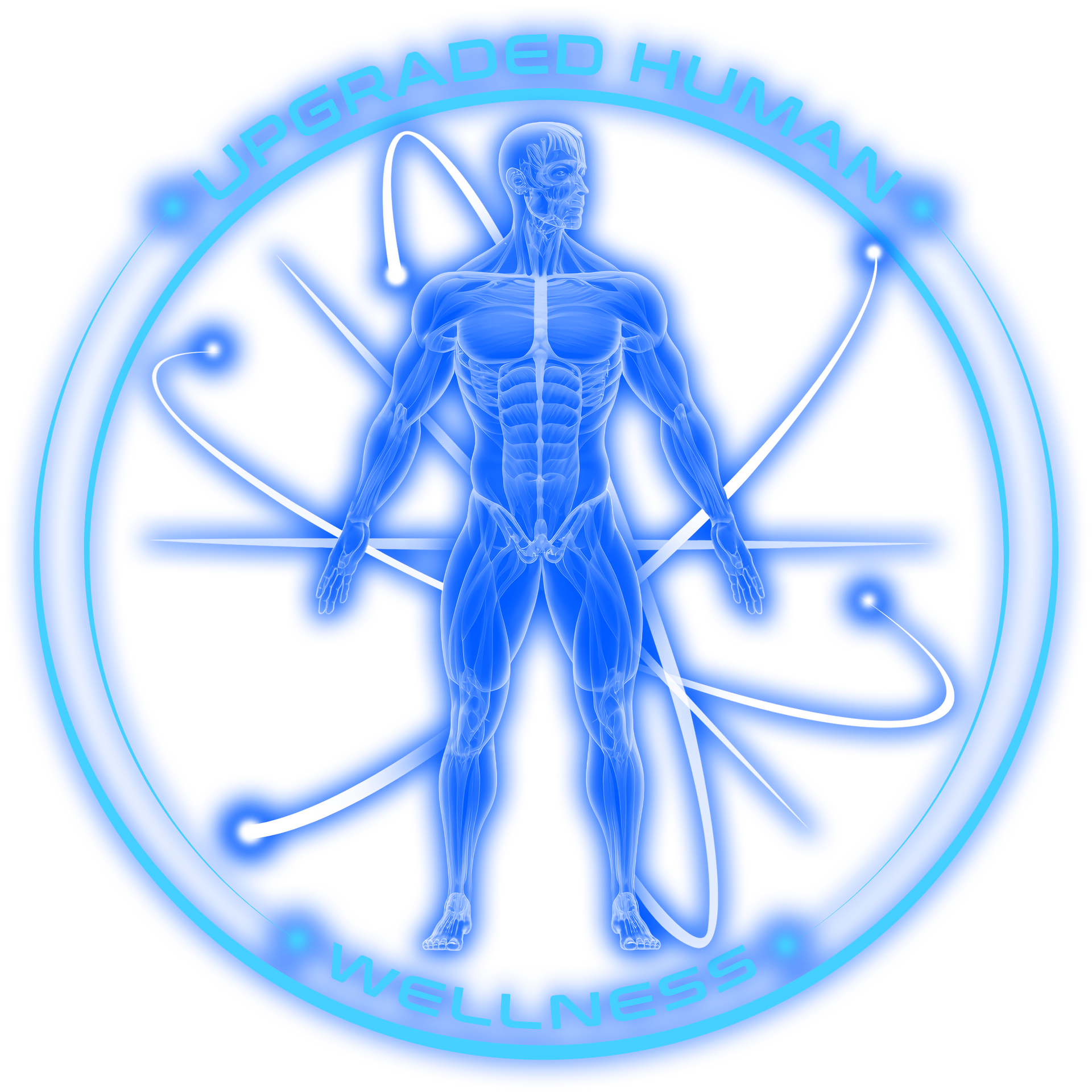Family Hormonal Health: Balancing Wellness for Every Generation
Hormonal health is a crucial aspect of overall well-being, influencing everything from growth and metabolism to mood and reproductive health. When it comes to family health, understanding and maintaining hormonal balance is essential for fostering a nurturing and supportive environment. At Upgraded Human, we emphasize the importance of hormonal health and offer comprehensive solutions to help families achieve optimal wellness across generations.
Understanding Hormonal Health
Hormones are chemical messengers that play a vital role in regulating bodily functions. They influence growth, energy levels, immune function, and mood. When hormone levels are balanced, the body functions smoothly. However, imbalances can lead to various health issues, such as fatigue, weight gain, mood swings, and reproductive problems.
Key Hormonal Health Stages in Families
Childhood and Adolescence:
Hormonal changes are significant during childhood and adolescence. Growth hormones, thyroid hormones, and sex hormones like estrogen and testosterone drive development and puberty. During these stages, imbalances can lead to issues such as growth disorders, early or delayed puberty, and emotional challenges. Supporting children through these changes with proper nutrition, physical activity, and emotional support is crucial.
Reproductive Years:
Hormonal health is essential for reproductive health in both men and women. For women, hormones regulate menstrual cycles, fertility, and pregnancy. Conditions like polycystic ovary syndrome (PCOS), endometriosis, and thyroid disorders can affect reproductive health. For men, testosterone levels influence libido, energy, and muscle mass. Addressing hormonal imbalances during these years is vital for family planning and overall health.
Pregnancy and Postpartum:
Pregnancy brings significant hormonal changes to support the growing fetus. Postpartum, hormone levels shift again, which can lead to conditions like postpartum depression and thyroid dysfunction. Supporting new mothers with proper medical care, nutrition, and emotional support is essential for both maternal and infant health.
Middle Age and Menopause/Andropause:
As individuals age, they experience hormonal changes associated with menopause in women and andropause in men. Women may experience symptoms like hot flashes, night sweats, mood changes, and decreased bone density. Men may notice reduced testosterone levels, leading to decreased libido and energy. Managing these changes with lifestyle modifications and medical support can enhance quality of life during middle age.
Tips for Maintaining Hormonal Health in Families
Balanced Nutrition:
A diet rich in whole foods, including fruits, vegetables, lean proteins, and healthy fats, supports hormonal balance. Avoiding processed foods, excessive sugar, and unhealthy fats can prevent hormonal imbalances. Incorporating foods high in omega-3 fatty acids, such as fish and flaxseeds, can also promote hormonal health.
Regular Physical Activity:
Exercise helps regulate hormones and reduce stress. Encourage family members to engage in regular physical activity, such as walking, biking, swimming, or playing sports. Exercise not only benefits physical health but also boosts mood and reduces anxiety.
Stress Management:
Chronic stress can disrupt hormonal balance. Encourage stress management techniques such as mindfulness, meditation, yoga, and deep breathing exercises. Creating an open and supportive family environment where members can share their concerns and feelings can also reduce stress.
Adequate Sleep:
Quality sleep is essential for hormonal regulation. Ensure that all family members have healthy sleep habits, such as maintaining a consistent sleep schedule and creating a restful sleep environment. Avoiding screens before bedtime and practicing relaxation techniques can improve sleep quality.
Regular Health Check-Ups:
Routine medical check-ups can help detect hormonal imbalances early. Regular screenings for conditions like thyroid disorders, diabetes, and reproductive health issues can prevent complications. Consulting healthcare professionals for personalized advice and treatment plans is crucial.
Conclusion:
Hormonal health is a vital component of family well-being that affects all stages of life. By understanding the importance of hormonal balance and implementing healthy lifestyle practices, families can improve their overall health and quality of life. At Upgraded Human, we are committed to providing comprehensive solutions to support hormonal health for families. Prioritize your family’s hormonal health today and build a foundation for lifelong wellness.






